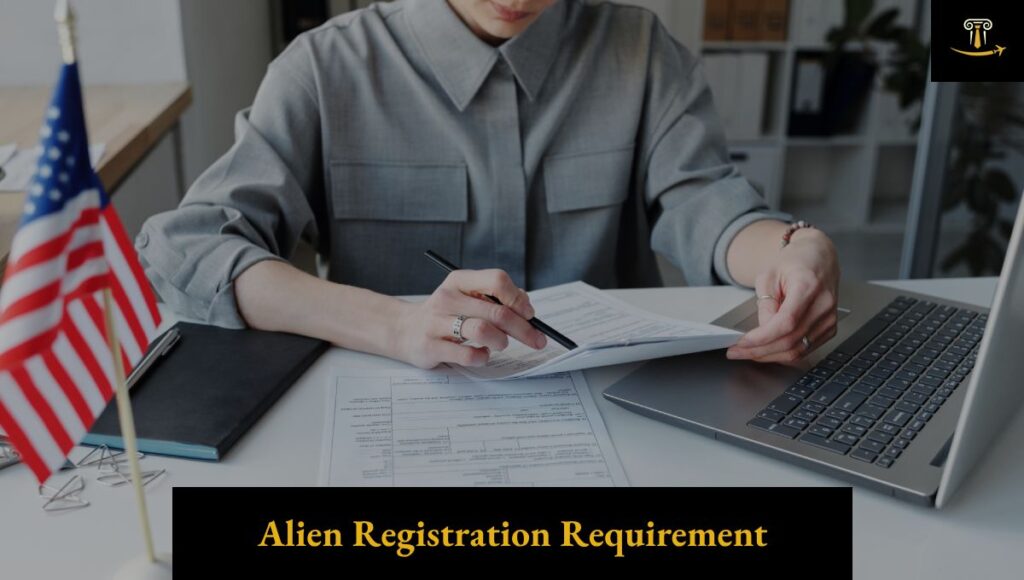On January 20, 2025, President Donald J. Trump signed Executive Order 14160, titled “Protecting the Meaning and Value of American Citizenship.” Issued on his first day back in office, the order seeks to end birthright citizenship for certain children born in the United States—a major shift in constitutional interpretation that has triggered widespread litigation and legal uncertainty.
Scope and Intent of the Executive Order
The order attempts to reinterpret the Citizenship Clause of the Fourteenth Amendment, which guarantees U.S. citizenship to “all persons born or naturalized in the United States, and subject to the jurisdiction thereof.” Under Executive Order 14160, children born in the U.S. would only receive automatic citizenship if at least one parent is a U.S. citizen, lawful permanent resident, or active-duty member of the U.S. Armed Forces.
Initially set to take effect on February 19, 2025, the implementation was delayed due to preliminary judicial intervention. The revised effective date is now July 27, 2025, pending further litigation.
Legal Challenges and Judicial Response
Civil rights and immigrant advocacy groups—including the American Civil Liberties Union (ACLU), National Immigration Law Centre (NILC), and others—filed lawsuits almost immediately, arguing that the executive order violates more than a century of constitutional precedent, most notably the 1898 Supreme Court decision in United States v. Wong Kim Ark. That case affirmed the principle of jus soli—citizenship by birth on U.S. soil—regardless of parental immigration status.
Several federal courts issued preliminary injunctions to block the order. However, on June 27, 2025, the U.S. Supreme Court held in Trump v. CASA that federal district courts may not issue nationwide injunctions, thereby limiting these rulings to specific plaintiffs.
In response, a class-action lawsuit was filed in New Hampshire, and on July 10, 2025, U.S. District Judge Joseph Laplante issued a seven-day nationwide preliminary injunction. His ruling temporarily halts the policy’s enforcement and gives the federal government time to appeal. A final decision is expected from the Supreme Court, which will likely have long-term implications for citizenship law and constitutional interpretation.
Impact: Constitutional, Social, and Administrative Implications
1. Constitutional Precedent in Jeopardy
Executive Order 14160 challenges core constitutional protections established by the Fourteenth Amendment. If upheld, it would overturn more than 125 years of legal interpretation, reshape the meaning of citizenship and open the door to further executive reinterpretations of constitutional text.
2. Legal Uncertainty for Thousands of Children
If the order takes effect, children born in the U.S. after July 27, 2025 to noncitizen parents could find themselves in legal limbo. Without citizenship, they may be unable to obtain birth certificates, Social Security numbers, or passports—potentially becoming stateless within U.S. borders.
3. Increased Burden on Public Systems
Civil registration authorities, hospitals, and federal agencies would be required to verify immigration status at birth, a task far outside their current scope and resources. Immigration courts and public welfare systems may face significant confusion and caseload increases.
4. Cultural and Political Polarization
The order has intensified political division. Supporters argue it will deter “birth tourism” and reduce unauthorized immigration. Critics argue it reflects a discriminatory and unconstitutional attack on immigrant communities, undermining the principle of equal protection.
5. Global Repercussions and Human Rights Concerns
The United States is one of the few developed nations that recognizes unconditional birthright citizenship. Revoking that status could place the U.S. in violation of international human rights norms and raise concerns among global partners and watchdog organizations.
Immigration FLEET Responds: Legal Support and Strategic Advocacy
Immigration FLEET, a leading U.S. immigration law firm, is actively assisting families, institutions, and advocacy organizations in navigating the implications of Executive Order 14160. The firm is:
- Advising hospitals and local governments on birth registration procedures and legal obligations;
- Providing direct legal representation to families affected by the order;
- And educating immigrant communities about their rights during this period of legal uncertainty.
“Every child born on American soil deserves the full protection of the Constitution,” said Attorney Thejaswini Mohan, Managing Partner at Immigration FLEET. “We are committed to defending the rights of our clients and preserving a foundational principle of American law.”
Conclusion
As of July 11, 2025, Executive Order 14160 remains under a temporary nationwide injunction. Its fate—likely to be decided by the U.S. Supreme Court—could redefine the legal status of millions of Americans and reshape the future of immigration and constitutional law in the United States.
At stake is not only the citizenship of those born after the policy’s implementation date, but the enduring question of what it means to be born American.





